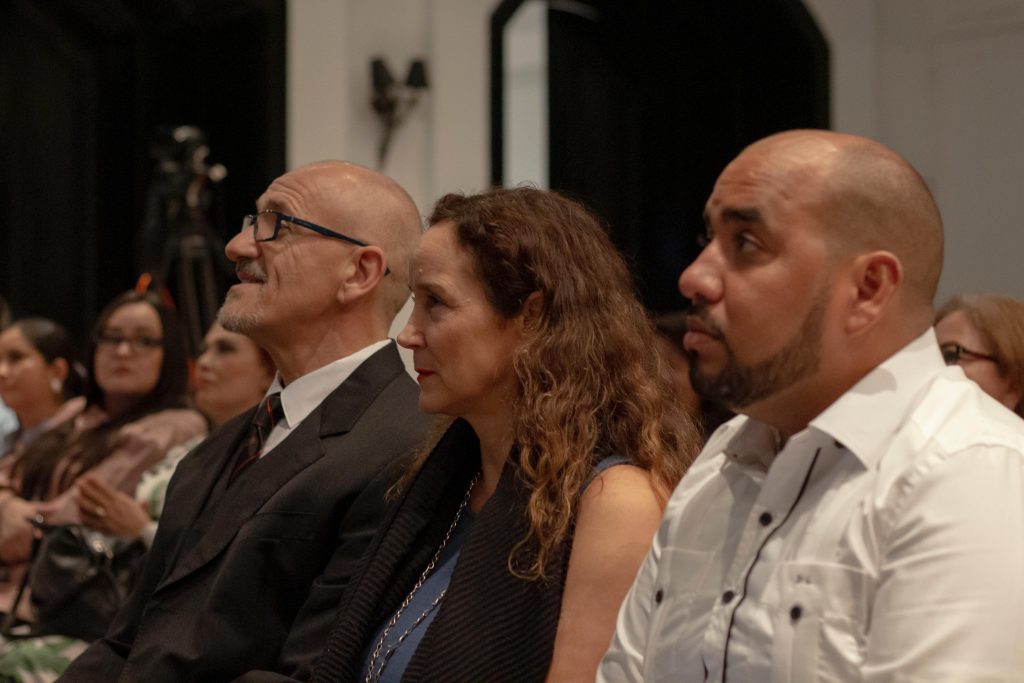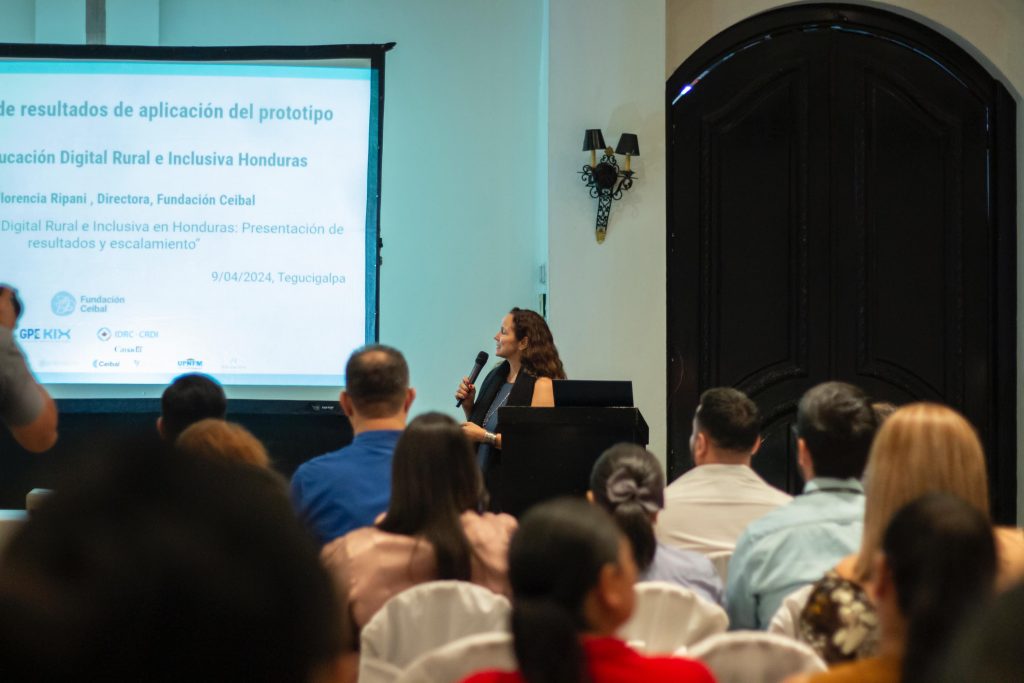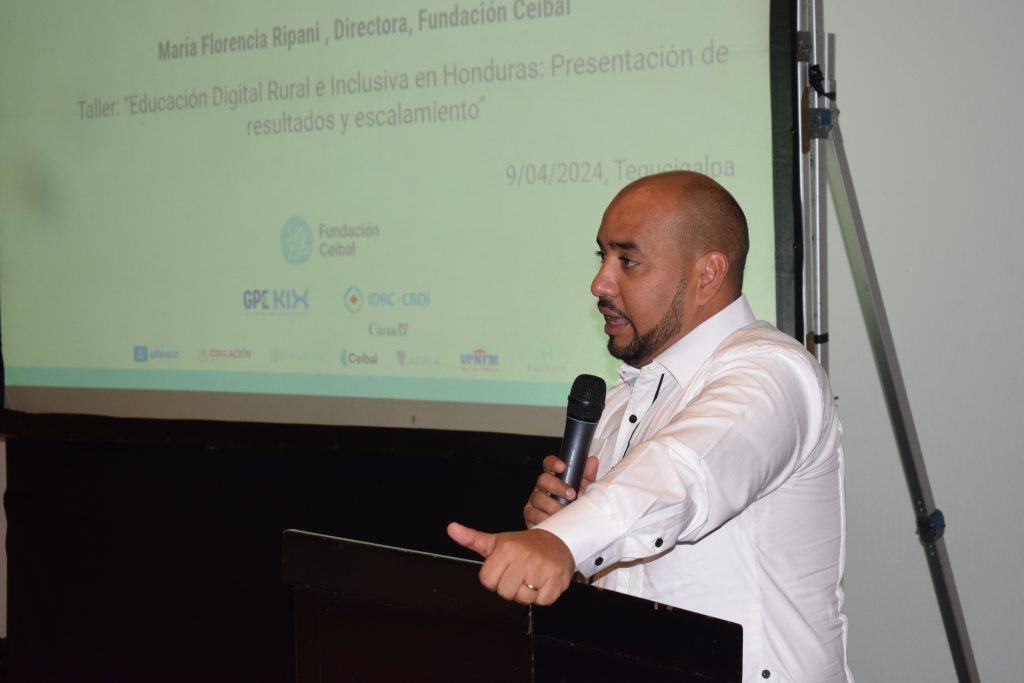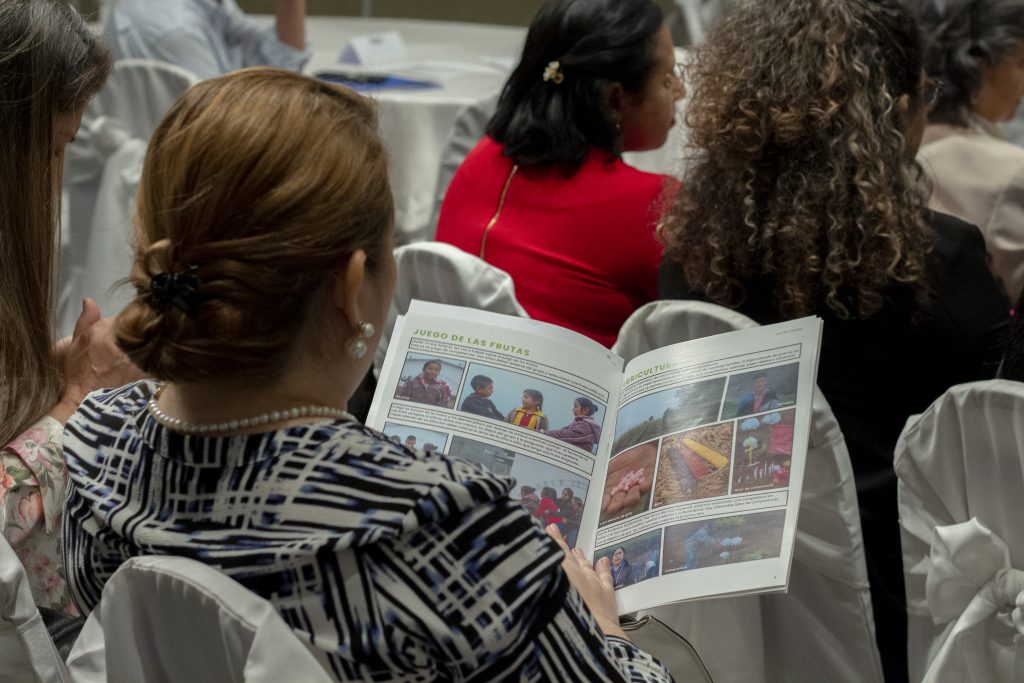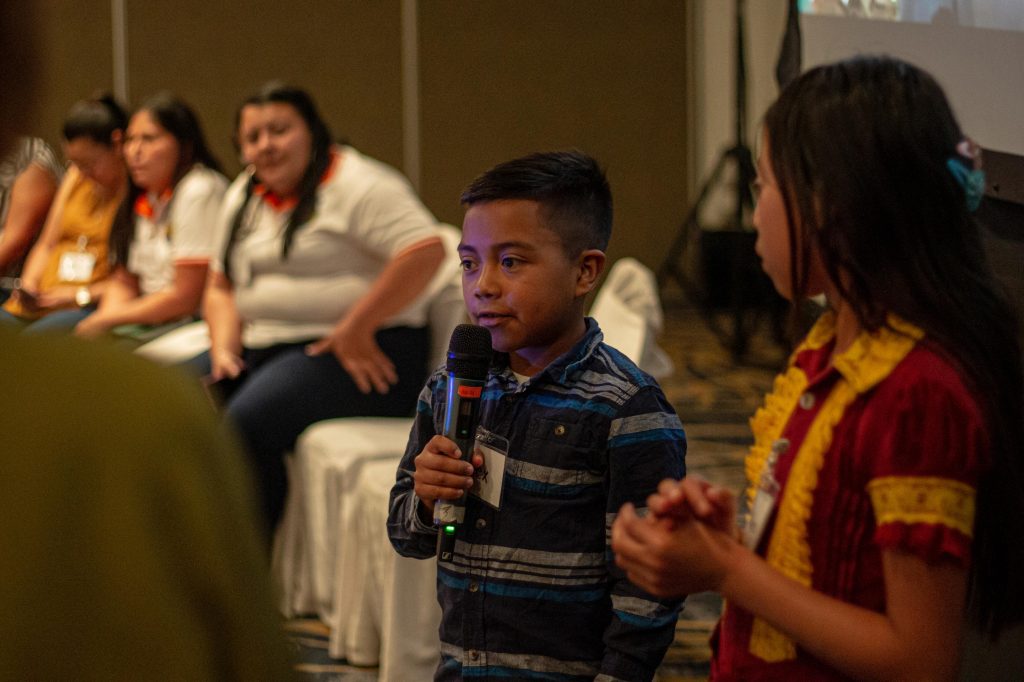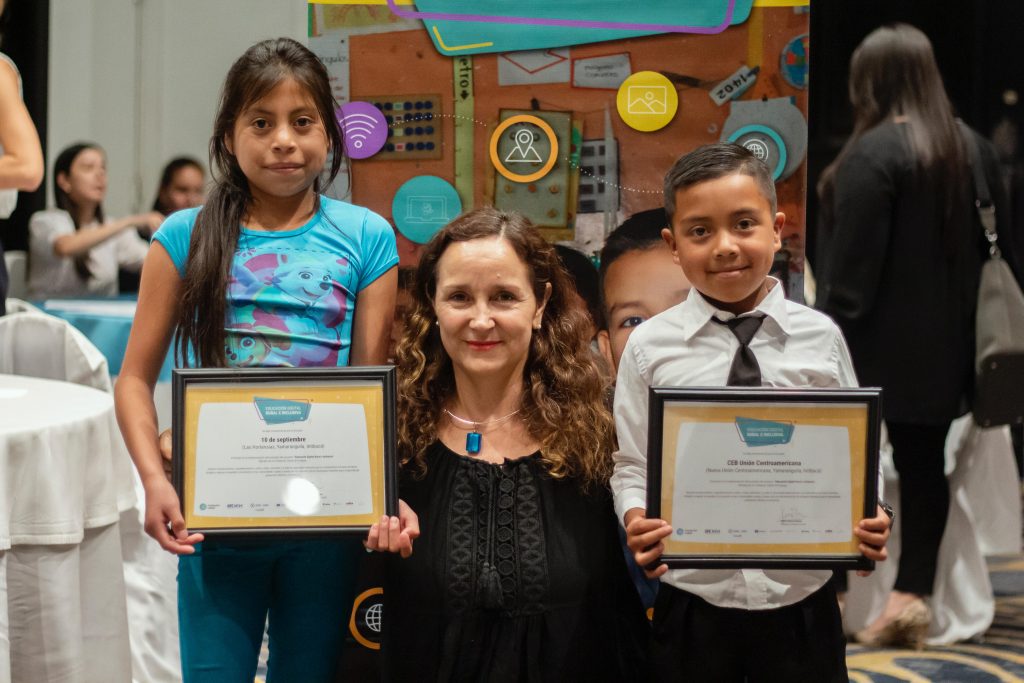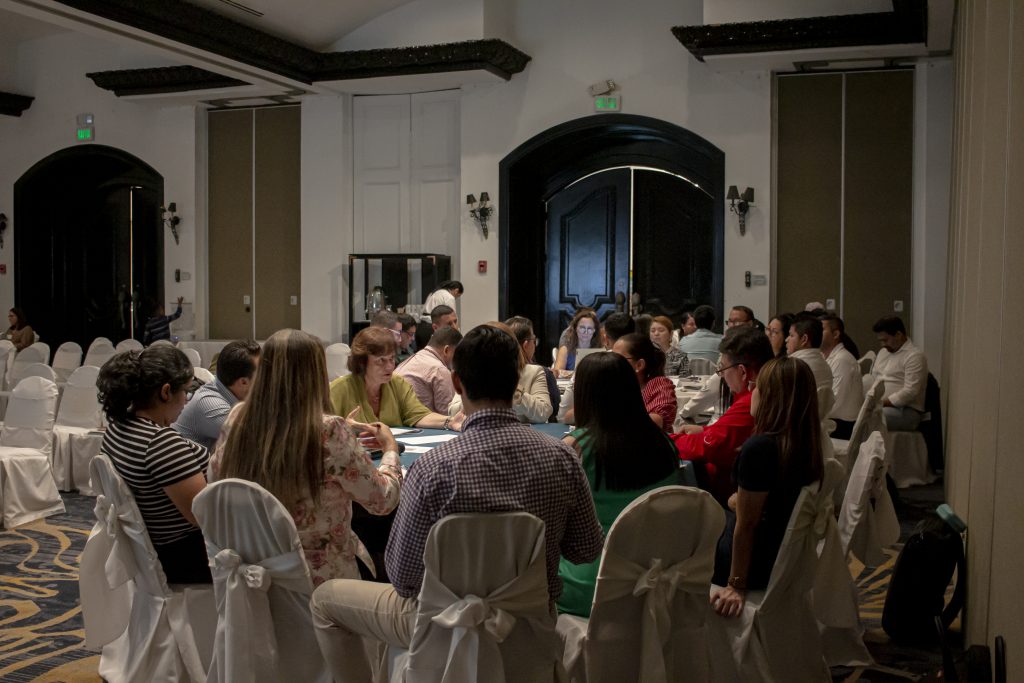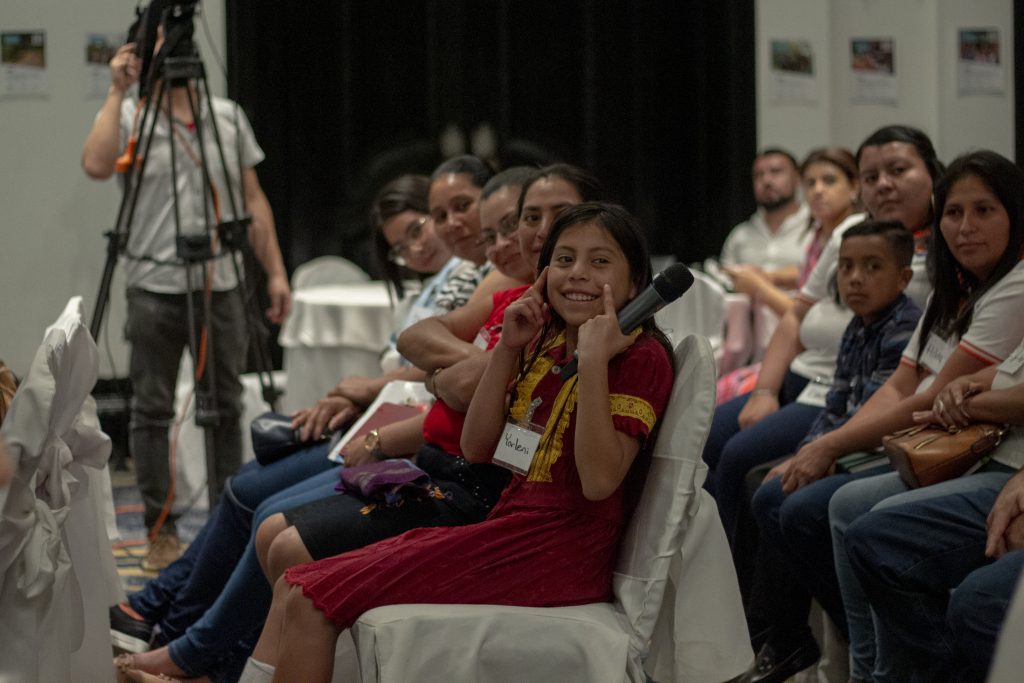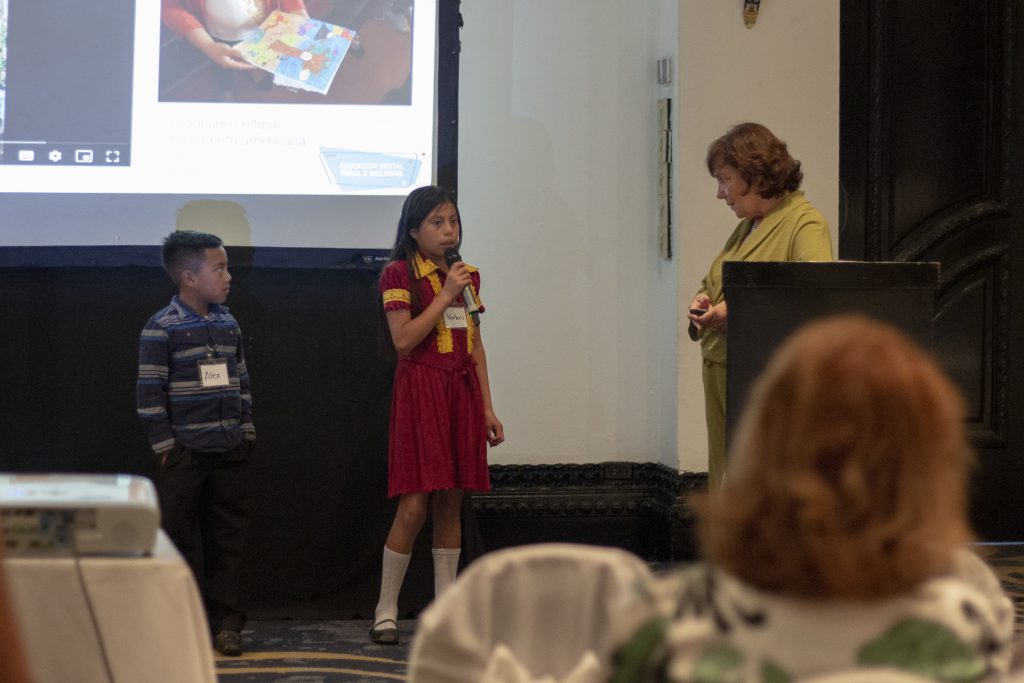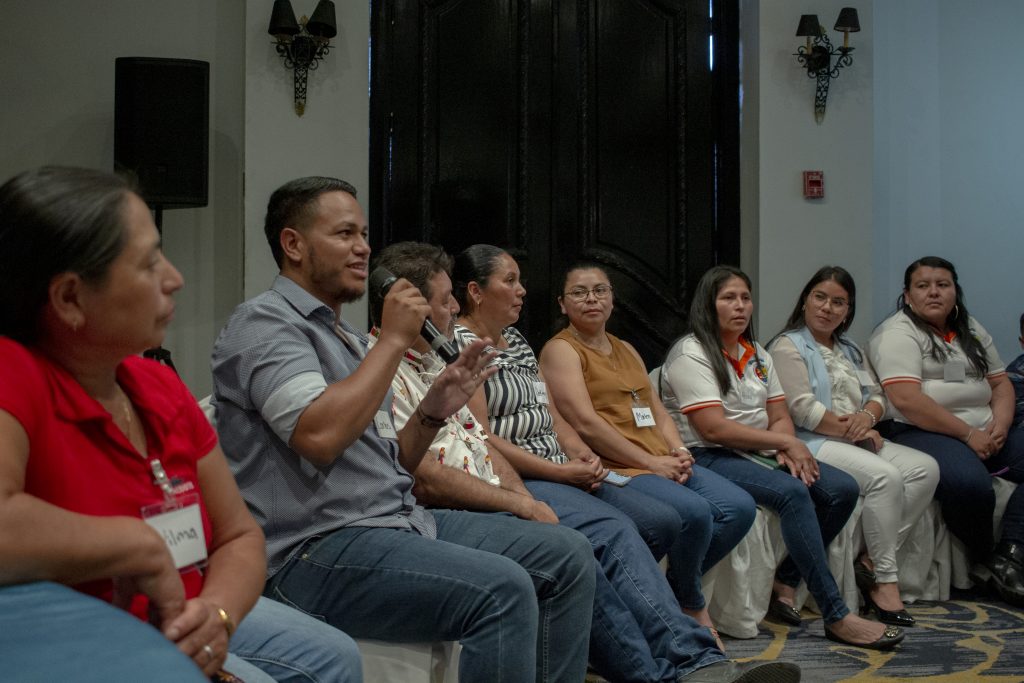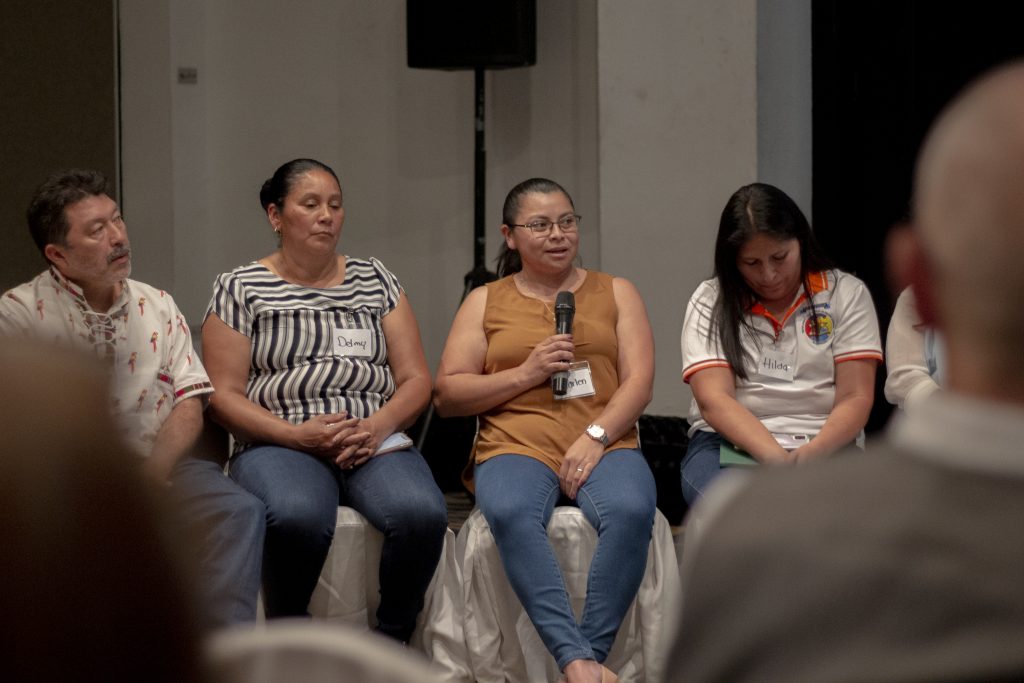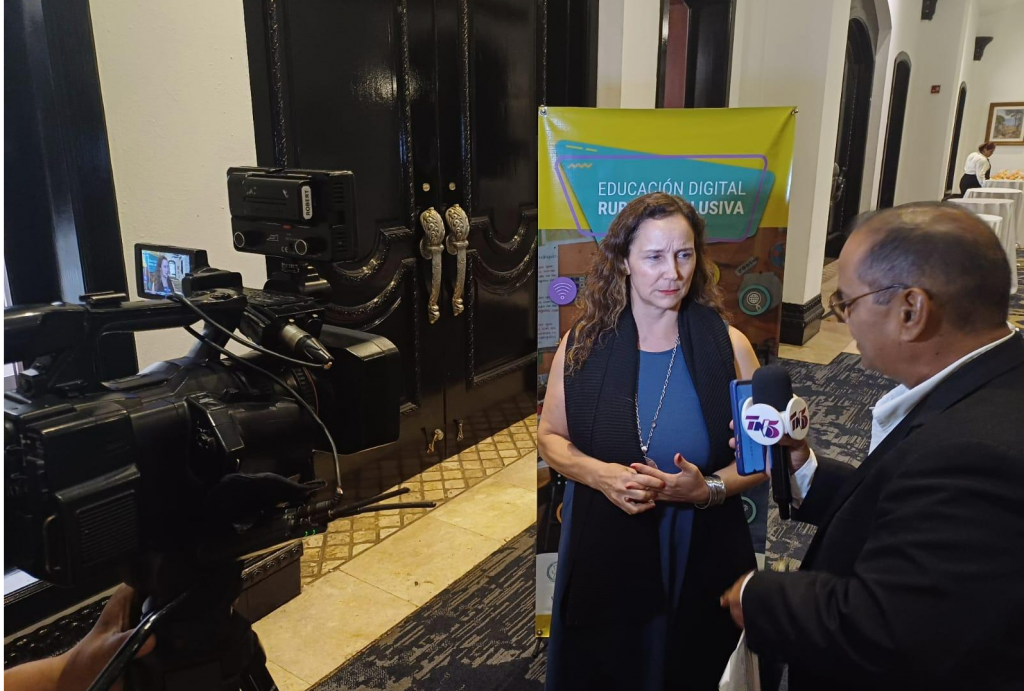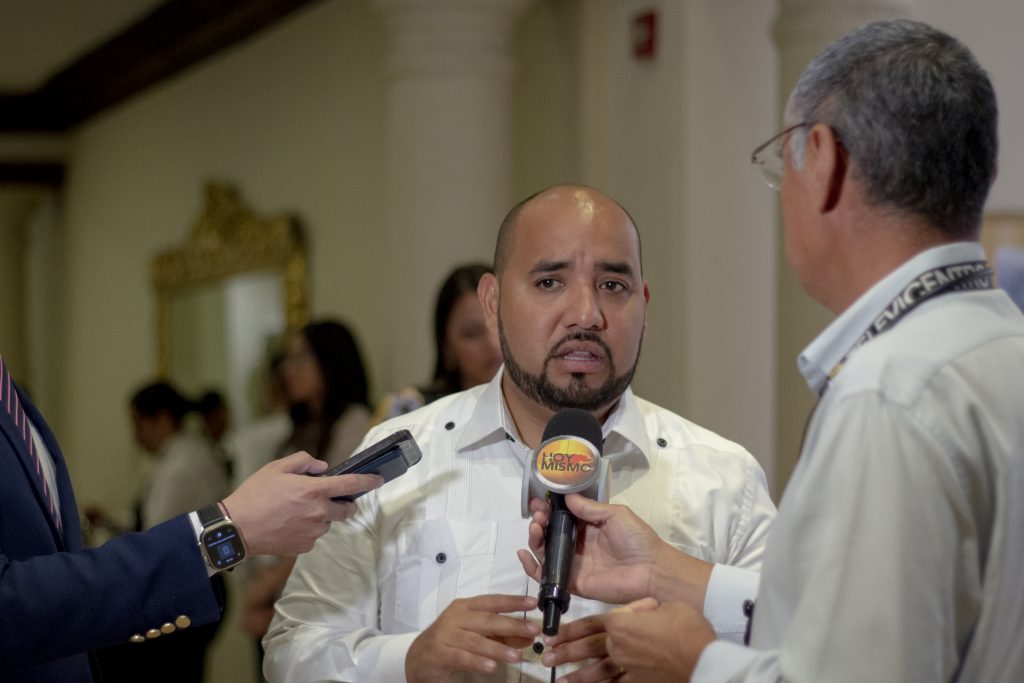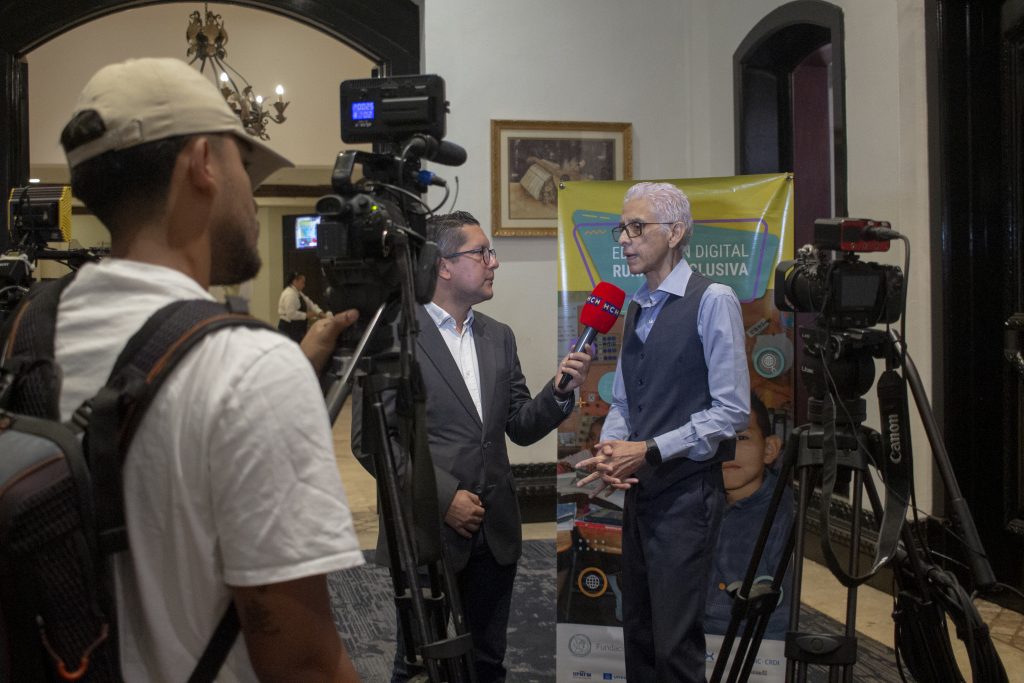Noticias

Presentation of findings of the project “Inclusive Rural Digital Education” in Honduras
Through the project it is leading in Honduras: “Inclusive Rural Digital Education”, Ceibal Foundation presented the main findings of the implementation of the project prototype in four rural communities as well as guidelines for its scaling.
Implemented by Ceibal Foundation and funded by Canada’s International Development Research Centre (IDRC) and the Global Partnership for Education (GPE), this initiative seeks to strengthen Honduras’s education system and improve equity and inclusion in rural communities through the efficient use of digital technologies for learning.
In this context, the in-person workshop “Inclusive Rural Digital Education in Honduras: Presentation of findings and scaling” was held on April 9 and 10 in Tegucigalpa, Honduras. It featured the participation of authorities and technical teams from the Ministry of Education of Honduras, representatives of international organizations, representatives of rural communities in which the project prototype was implemented as well as other key players in the education community.
At the opening of the workshop, the Minister of Education of Honduras, Daniel Esponda, highlighted the role of Ceibal Foundation and stated, “Technology is a fundamental part of the teaching-learning process. The great challenge we’re faced with in connectivity is how to scale.”
The director of Ceibal Foundation, María Florencia Ripani, pointed out, “This model was a catalyst for the improvement of teaching practices in rural areas of Honduras. The children played the leading role, and that led to their academic and personal growth. In addition, this project worked on salvaging the cultural heritage, and strengthened relationships among the stakeholders involved.” Ripani also referred to the significance of thinking about strategies for the sustainable scaling of the project.
Representing IDRC Canada, senior KIX specialist Florencio Ceballos stressed that thanks to this prototype, it was possible to overcome obstacles – such as the lack of technological access – together with the facilitators.
During the meeting, the Director of Ceibal Foundation presented an overview of the findings resulting from the implementation of the prototype, and the national coordinator of the Project, Germán Moncada, presented the learning outcomes. Moncada highlighted the willingness of teachers and students from the rural area and the families’ appreciation. “The chosen theme improved the students’ identity, self-esteem and digital skills,” he added. In addition, project participants from the communities in which the prototype was implemented made first-person panel presentations of the findings.
The workshop also included opportunities for exchange and collaborative work with the event’s participants for the purpose of addressing perspectives on scaling the project and co-designing resources.
For further information on the project and the resources developed, click here.
Presentation: Findings of the implementation of the prototype, María Florencia Ripani, director of Ceibal Foundation.
First-person presentation of findings
During the workshop, a panel discussion was held with members of the communities where the prototype was implemented, who shared their views and the findings in the first person. María Eugenia Alonso, pedagogical consultant at Ceibal Foundation, moderated the exchange with the participation of teachers, mothers and children.
“This prototype is very beneficial to children. They feel motivated to undertake these activities. It’s not really traditional, as we use technology; media such as the radio,” stressed Delmy, a teacher at 10 de septiembre primary school, who added that the children got off to a shy start, but they began to open up a range of opportunities, and everyone wanted to get involved.
According to Denia Cruz, a teacher at Unión Centroamericana, “the project was a success in the school,” while her colleague Cindy remarked, “It’s a project that I wouldn’t like to end here. It should be implemented throughout Honduras.”
Some mothers and students in attendance also gave their testimony. One of them, Vilma, shared her reflection as a mother and stated, “Today we see the results. They’ve managed to perform in audios and photos. They look different and they know how to write a caption, a story, an interview. They’ve learnt all that.” In addition, the students on the panel, Yorleni and Alex, talked about the activities they undertook as part of the prototype and stressed that they liked making videos and learning in that way.
Impact on the media in Honduras
The workshop “Inclusive Rural Digital Education in Honduras: Presentation of findings and scaling” was widely covered by the local media in Honduras, in print as well as on radio and television. As many as 17 media outlets reported on the activity and highlighted the strengths of the project led by Ceibal Foundation.
